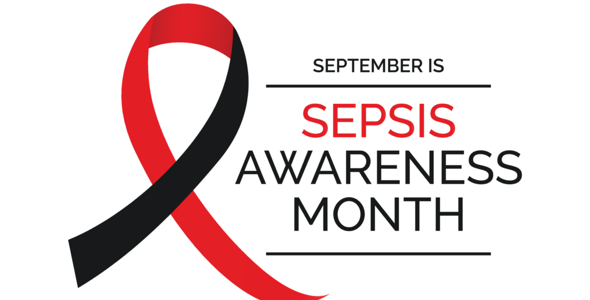Administering antimicrobial therapy is essential for treating the underlying infections that cause sepsis, but the protocols for doing so can, at times, clash with antimicrobial stewardship guidelines.
How Recent Research Has Paved the Way for Improvements in the Diagnosis and Treatment of Invasive Fungal Infections
The impact of fungal infections reaffirm the value of research into the ways that fungi infect humans, and how these infections can be detected, identified and treated.
The Link Between the Flu, Secondary Infections, and Sepsis
Infection prevention practices can also reduce the incidence of influenza and associated secondary bacterial infections.
September is Sepsis Awareness Month: Here’s What You Need to Know
Sepsis is the body’s life-threatening, imbalanced response to a severe infection. The condition affects 1.7 million people and takes 270,000 lives in the U.S. every year. This year, we face additional risks because of the threat of COVID-19.
The Value of Diagnostics in Combatting Antimicrobial Resistance – A Public Health Problem
At this year’s World Anti-Microbial Resistance Congress, Dr. Tristan Timbrook delivered a...
Lindsay Denny Discusses the Critical Role of WASH in Preventing Infectious Diseases and Fighting Antimicrobial Resistance
WASH, which stands for water, sanitation, and hygiene, are basic...






